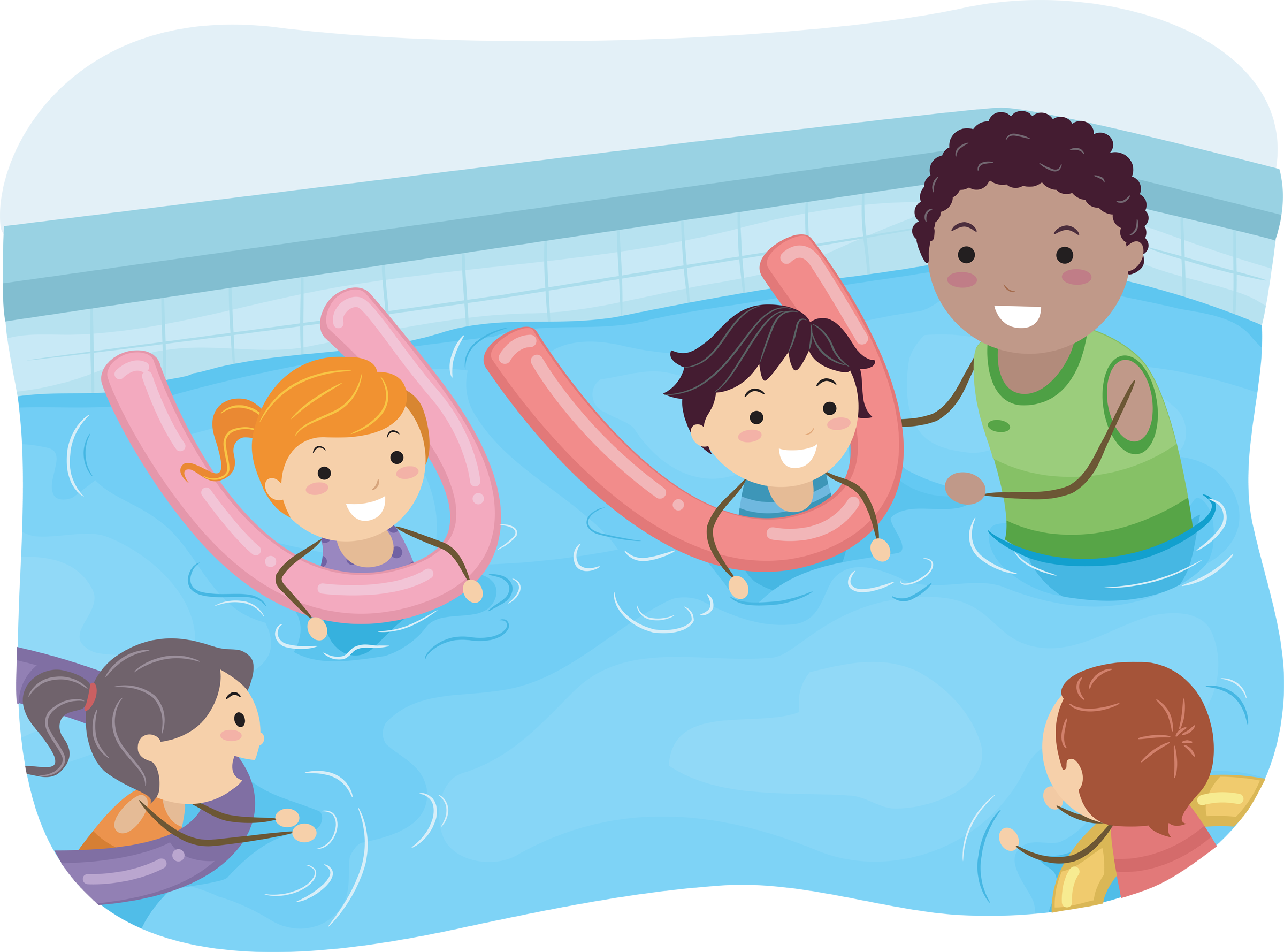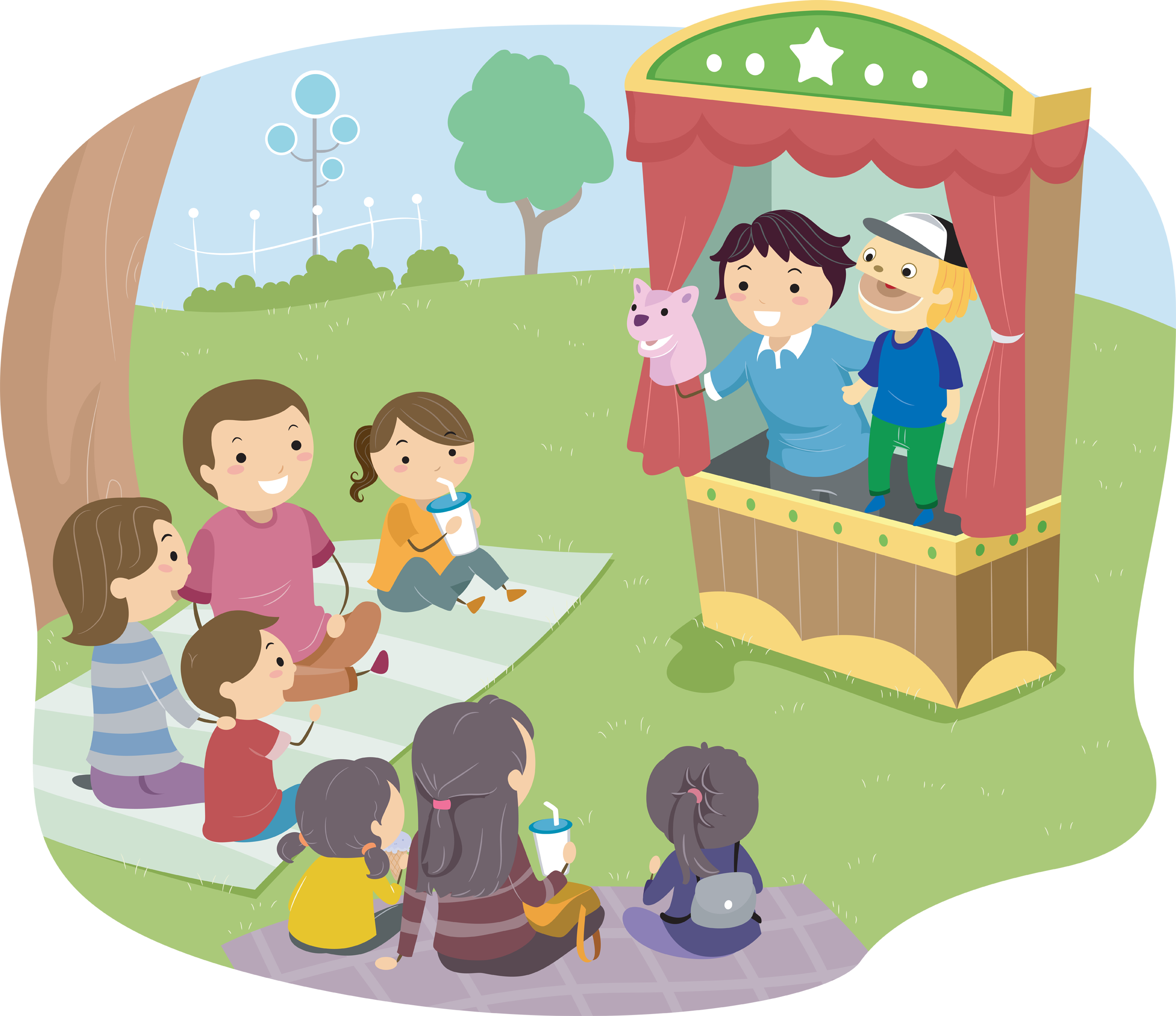
As summer approaches and the school year comes to an end, many parents worry about keeping their children engaged in learning activities throughout the break. With a little planning and creativity, parents can ensure that their children continue to grow and develop their skills, even when school is not in session. This article offers ten tips for parents who want to keep their children learning during the summer months, as well as a list of suggested activities to keep young minds engaged.

Top Tips for Keeping Students Learning During Summer
Create a routine: Establishing a daily or weekly routine for learning activities helps students transition from the structured school environment to a more relaxed home setting. Encourage them to dedicate a specific time each day to reading, writing, or exploring a new topic.
Set goals: Work together with your child to set achievable learning goals for the summer. These goals can range from reading a certain number of books to learning a new skill or hobby.
Visit local cultural sites: Museums, art galleries, and historical sites can provide a wealth of learning opportunities for children. These visits can inspire curiosity and a deeper understanding of different cultures and histories.
Encourage physical activity: Physical exercise helps keep children engaged and focused. Incorporate activities such as swimming, hiking, or team sports into your child’s summer routine to promote both physical and mental well-being.
Explore the arts: Encourage your child to engage in artistic pursuits like painting, drawing, or playing a musical instrument. These activities foster creativity and self-expression while also helping to develop fine motor skills.
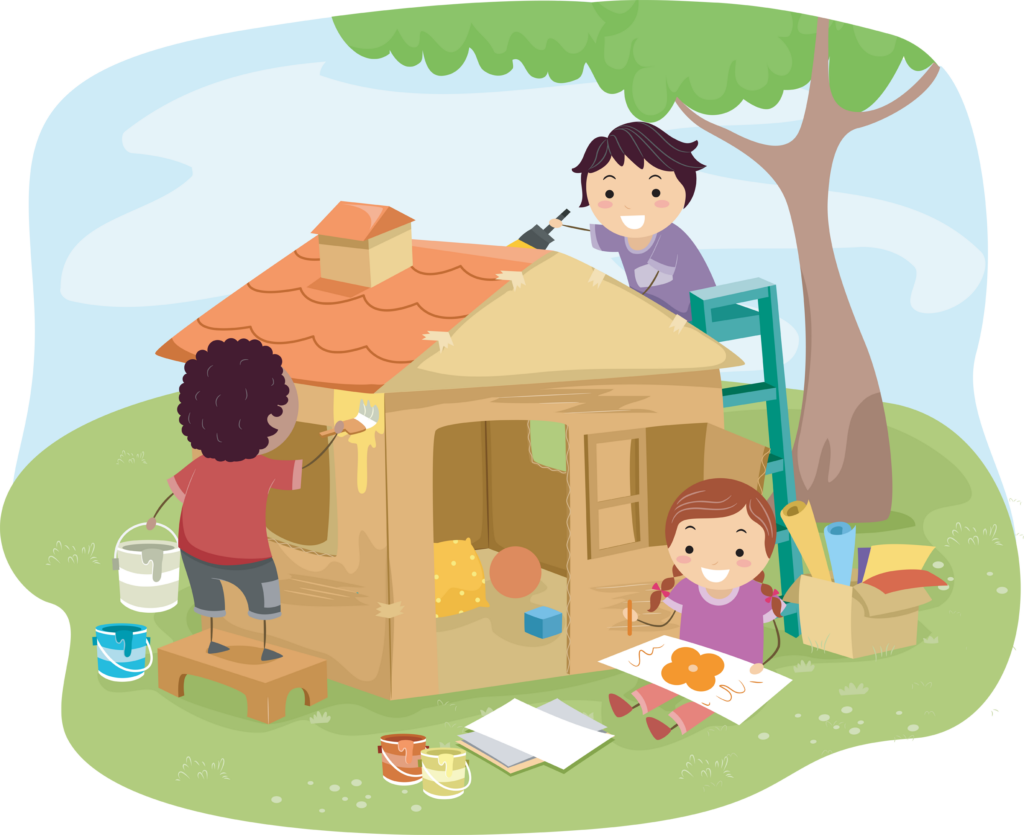
Engage in educational games: Many games can be both fun and educational. Board games, puzzles, and video games that promote critical thinking and problem-solving can be a great way to keep children engaged in learning during the summer months.
Participate in community programs: Local libraries, community centers, and parks often offer summer programs and activities that cater to a variety of interests. These programs can provide an opportunity for children to learn new skills and make new friends.
Take advantage of online resources: A wealth of educational content is available online. Encourage your child to explore subjects they’re interested in through educational websites, apps, or video tutorials.
Foster a love of reading: Reading is one of the most effective ways to keep children learning throughout the summer. Encourage your child to read a variety of materials, from novels to non-fiction, and discuss what they’ve read to help deepen their understanding and comprehension.
Encourage peer interaction: Organize playdates, study groups, or other social activities that encourage your child to interact with their peers. These interactions can help reinforce learning concepts and build important social skills.
Suggested Summer Activities
Science experiments:

Conduct simple science experiments at home to foster curiosity and critical thinking.
Nature walks:
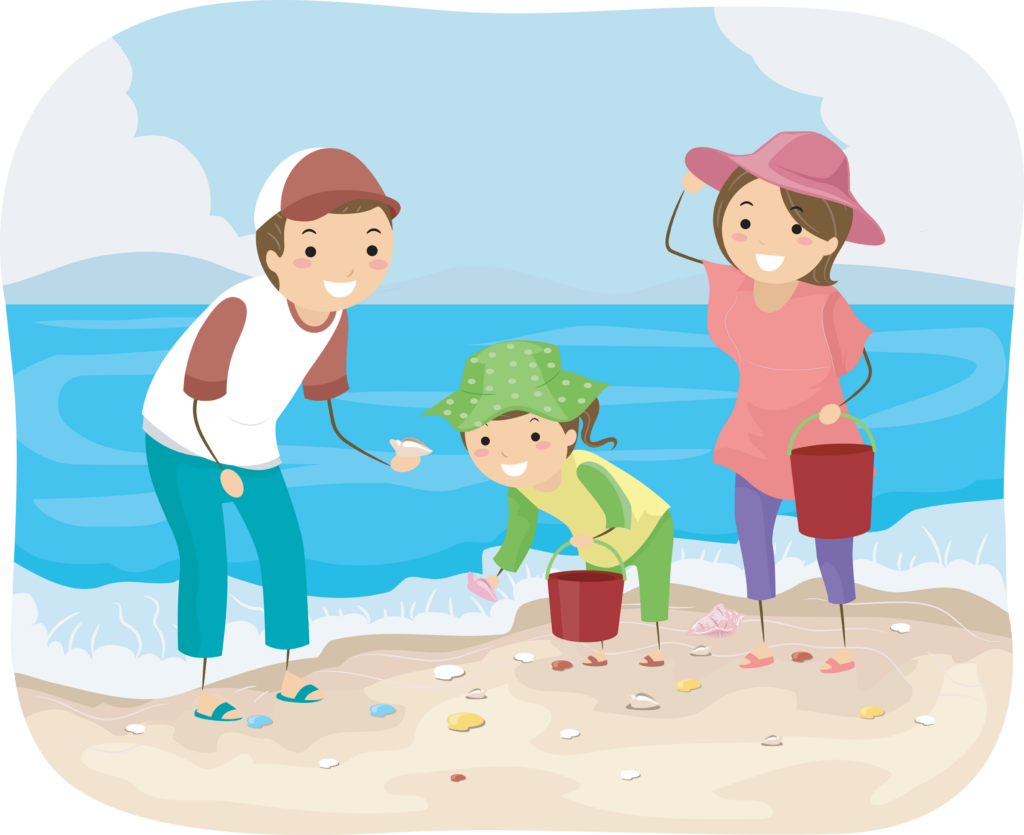
Explore local parks, beaches, and nature reserves to learn about the environment and local ecosystems.
Cooking and baking:

Teach children about selecting ingredients, taking measurements and following instructions through cooking or baking projects.
Volunteer work:

Participate in community service projects to teach children about empathy and the importance of helping others.
Writing:

Encourage children to write short stories, poems, or journal entries to improve their writing skills.
Foreign language study:
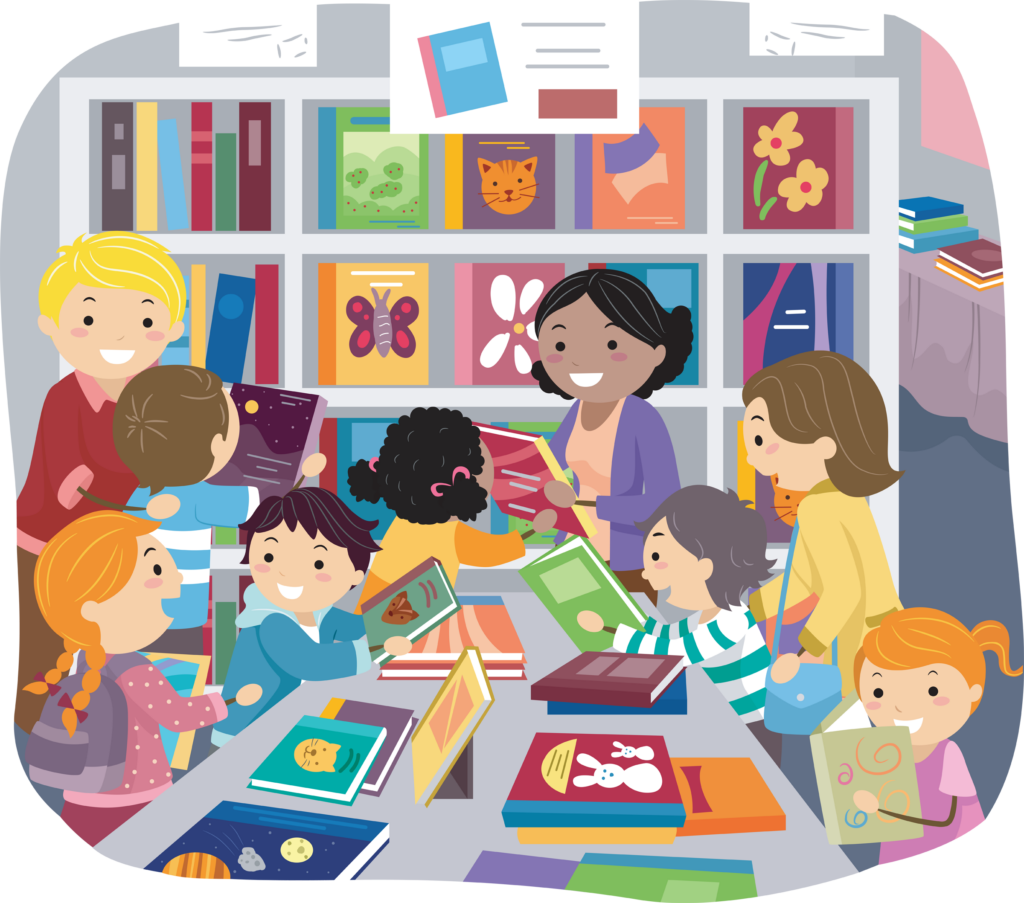
Introduce children to a new language through books, apps, or online courses.
Gardening:

Teach children about plants, soil, and the environment by growing a small garden or tending to houseplants.
DIY crafts:

Engage children in hands-on activities like knitting, sewing, or woodworking to develop fine motor skills and creativity.
Cultural exploration:

Learn about different countries and cultures through documentaries, books, or online resources.
Math challenges:

Encourage children to practice and enhance their math skills through puzzles, brain teasers, or math-focused games. This can help solidify their understanding of mathematical concepts and improve problem-solving abilities.
In conclusion, keeping children engaged in learning during the summer break can be a rewarding experience for both parents and students. By establishing routines, setting goals, and exploring a variety of educational and recreational activities, parents can ensure that their children continue to develop valuable skills and maintain a love for learning. The key to a successful summer is to remain flexible, open-minded, and supportive as children explore new interests and passions. With the right balance of structure and freedom, summer can be an excellent opportunity for students to grow and thrive outside the traditional school environment.



